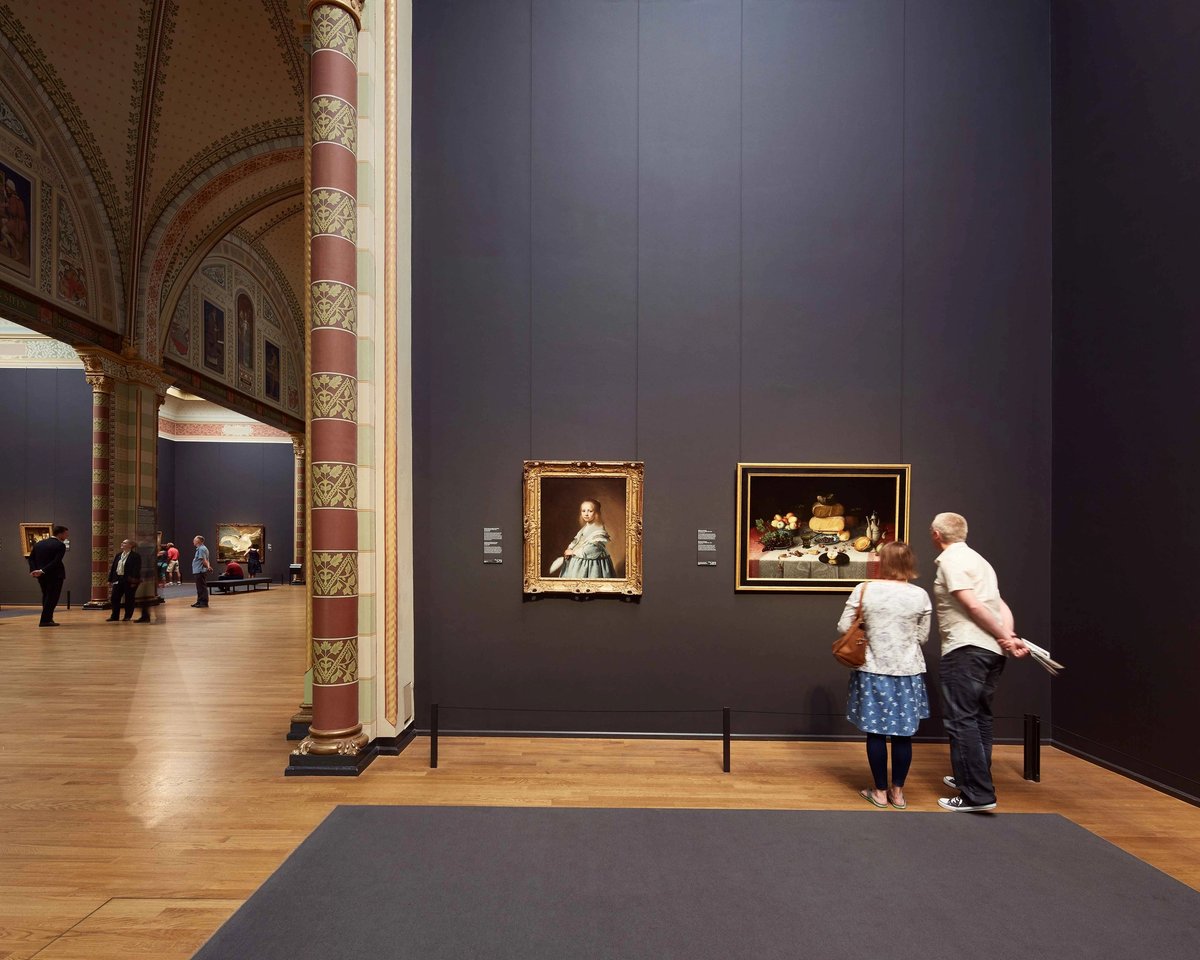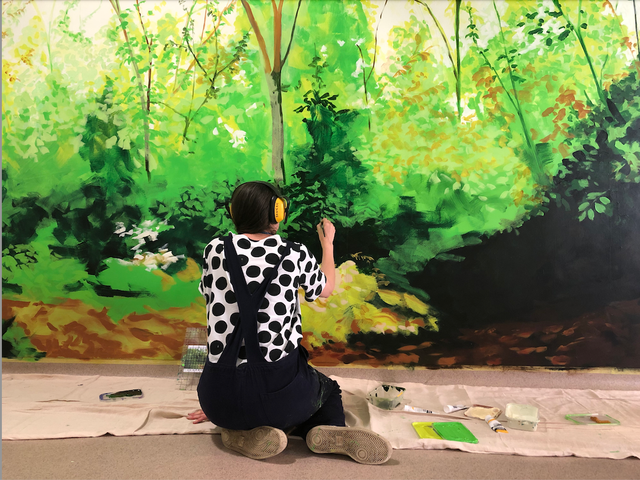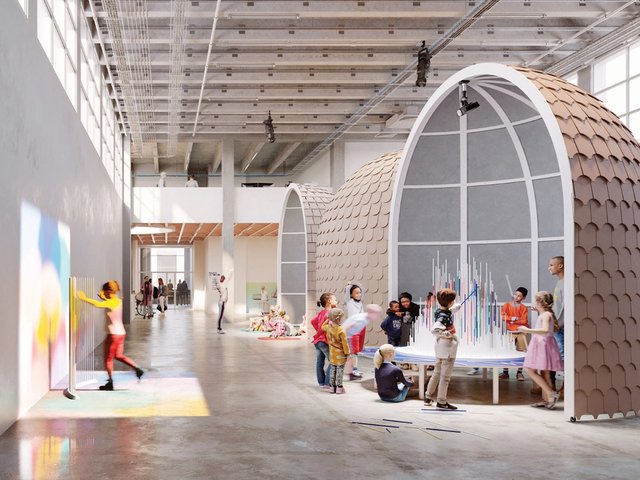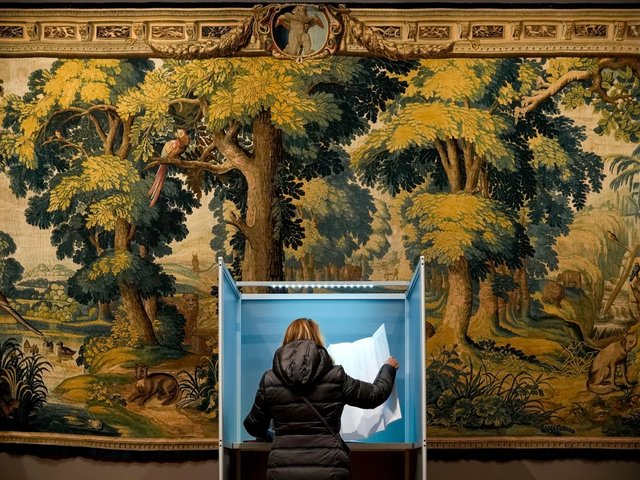Art’s relationship to health has been making headlines in recent weeks, and now the Rijksmuseum in Amsterdam is taking part in a scientific study to specifically explore whether looking at it can reduce the symptoms of Parkinson’s disease.
Earlier this year, Dutch researchers published a study showing that a ten-week course of creative arts therapy significantly reduced anxiety, increased well-being and slightly boosted cognitive function in eight people with Parkinson’s, a degenerative condition of the nervous system.
Now—thanks to a $200,000 research prize from the Michael J. Fox Foundation—a rigorous 18-month investigation will compare the effects of not experiencing art, exposing yourself to the Dutch national art collection at the Rijksmuseum and making art on people with Parkinson’s.
Bas Bloem, the director of the Centre of Expertise for Parkinson and Movement Disorders at Radboudumc in Nijmegen, says his theory is that artistic activity and exposure can increase dopamine, with positive effects for people with Parkinson’s.
“You need dopamine to be creative, but at the same time, a lack of dopamine causes Parkinson’s disease,” he tells The Art Newspaper. “And if you replenish dopamine to fight the symptoms of Parkinson’s, sometimes that dopaminergic therapy instills new creativity. So art is interesting for healthcare in general but it’s particularly interesting for Parkinson’s.”
Early indicators
A pilot study has already involved one group actively participating in art. Researchers including Bloem linked patients with a group of artists and a “playground” in which to choose an activity. The results were startling, Bloem says.
“Our published results show that anxiety was less, stress was less, people reached a state of flow… tremors disappeared, dyskinesias [involuntary movements] disappeared, and they felt better not only during [the making of] art, but even afterwards. And what I find most striking is that the number of hospital visits went down, so people visited the artist instead of the doctor, which will be a tremendous help in keeping healthcare affordable and sustainable for future generations.”
The Rijksmuseum’s part in the study, which is due to begin soon, will offer participants a digital tour of the museum, a free annual pass and access to special “low-sensory” evenings to relieve the stress of crowds or noise, in order to study the effects. “Stimulated by the many anecdotes in my consultation room, stimulated by the positive pilot findings, I’m convinced it will work… and I think the effects [will be] at least symptomatic,” Bloem says.
A control group in the study, meanwhile, will not engage with art.
The investigation has been welcomed by the ParkinsonNederland charity. “It opens up a fascinating line of research: how art can support the brain, in Parkinson’s but perhaps also in other brain disorders,” says Adse Jelles, the charity’s executive director.






